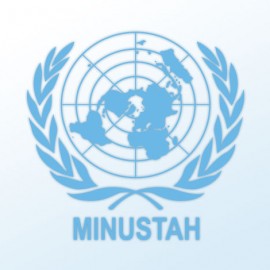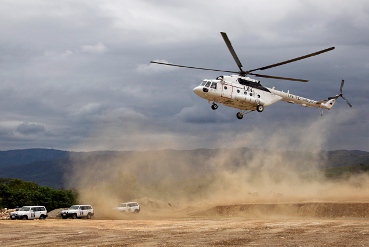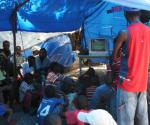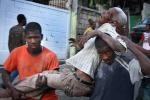Haitian Women Press for Recognition From U.N. Peacekeeper Fathers
As the UN Peackeeping Mission in Haiti (MINUSTAH) winds down, it leaves a mixed legacy - less insecurit and better police along with an ongoing cholera epidemic and a number of Haitian women who became pregnant by U.N peacekeepers. Reuters journalist Makini Brice notes in her article below that while the United Nations has a "zero tolerance" policy on sexual exploitation and abuse, peacekeepers move on while their children grow up without any support. Haitian lawyers intend to file law suits although the timing is unclear. The United Nations has a long track record of promising but under-delivering on accountability in peace-keeping operations - how these women are treated will be an indicator of whether anything has changed.









